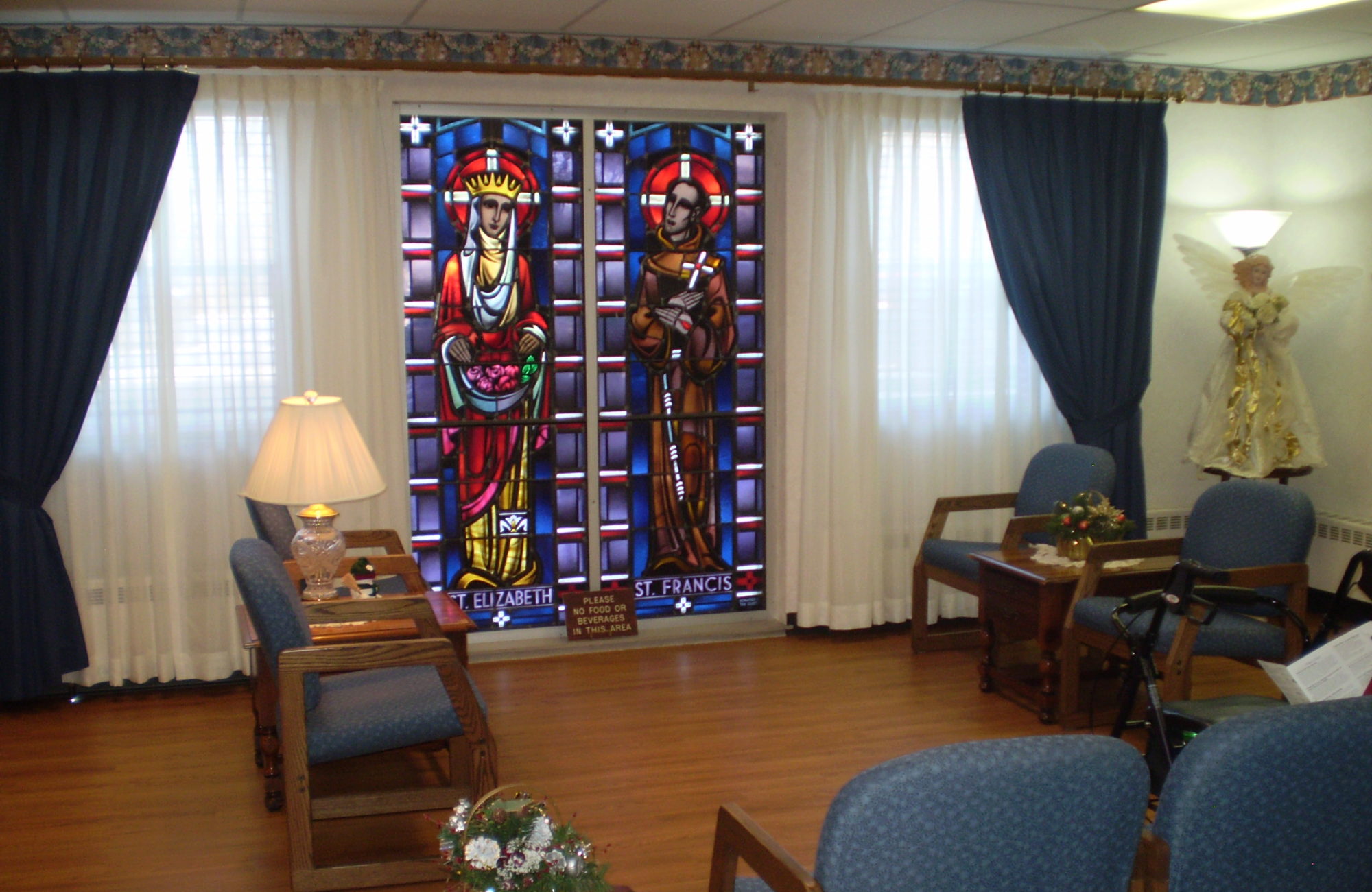The story of Silent Night begins in Salzburg, Austria. A woman there of very little means and no hope of raising her lifestyle or marrying, lived alone. She fell in love with a soldier stationed there. They conceived a child, who was born December 11, 1792. Being an unwed mother with a child, she knew the rejection of society. So she asked the hangman to be godparent to her baby Joseph.

The new mother provided as best she could for Joseph, and realized that a good education was his only hope of a future. The local parish priest recognized his brightness and singing ability. He arranged for Joseph to attend a famous abbey school of Kremsmunster. Young Joseph excelled in his studies, later realizing he had a vocation to the priesthood and entered seminary at 16. Finally, at 22, when he was ready for ordination, Joseph needed a special dispensation since he had no father.
Joseph Mohr was assigned as the assistant pastor at St. Nicholas Church in Oberndorf, 10 miles northwest of Salzburg on the River Salzach. The parish was very modest and the pastor was strict – frugal to say the least. Here, Father Mohr became friends with Franz Gruber. Gruber, also the son of a weaver, had little appreciation for music. Franz was expected to follow in his father’s trade. Despite his father’s disapproval, Franz began playing the guitar and organ. The parish priest even allowed Franz to practice in Church. His talents were soon recognized, and he was sent to school for formal music training. He eventually settled in Oberndorf, working as a music teacher and raising his family of twelve children. Friends, Mohr and Gruber shared their love of music, and both played the guitar.
On December 23, 1818, Mohr went to visit a mother and her newborn child. On the way back to the Rectory, he paused by the river, meditating on the first Christmas. He wrote a poem of that great event, and called it Silent Night, Holy Night. In his words, he captured the mystery of the incarnation and birth of our Lord: The holy infant Jesus, who is Christ the Savior, Son of God, and Love’s pure light, was born of Mary and filled the world with the redeeming grace from Heaven.
On his return to the parish, he received news that the organ was broken. Mice had eaten through the bellows, disabling the wind necessary for the pipes to produce music. Without the funds to repair the organ, he feared Midnight Mass would be silent. He rushed to the Gruber home and shared his problem. He handed Gruber the poem, and asked him to write a melody for guitar instead. Franz Gruber completed the tune in time. At Midnight Mass, 1818, the world heard the first simple song we know as Silent Night. The song was well received, and quickly spread throughout Austria, being called A Tyrolean Carol. Frederick Wilhelm IV , King of Prussia, heard Silent Night at the Berlin Imperial Church and ordered it to be sung throughout the kingdom at Christmas pageants and services.
Ironically, the music gained fame without any credit to its composers. Some thought Michael Haydn, the brother of composer Franz Joseph Haydn, wrote the piece. So the King of Prussia ordered a search. When the king’s agents arrived at St. Peter’s monastery, inquiring about the composers of Silent Night; Felix, Gruber’s son, a student there, approached them and told them the story behind Silent Night. He directed them to his father, who was now the choir master of another parish. From that time on, Mohr and Gruber were credited with Silent Night.Father Joseph Mohr died of tuberculosis at the age of 56, December 4, 1848. Gruber died at 76. Our English translation is attributed to Jane Campbell in 1863, and was carried to America in 1871, in Charles Hutchins Sunday School ymnal .Each year as we prepare to celebrate Christmas, we should take to heart the words of Silent Night and that its message is carried in our own hearts.
Betty Canavan

